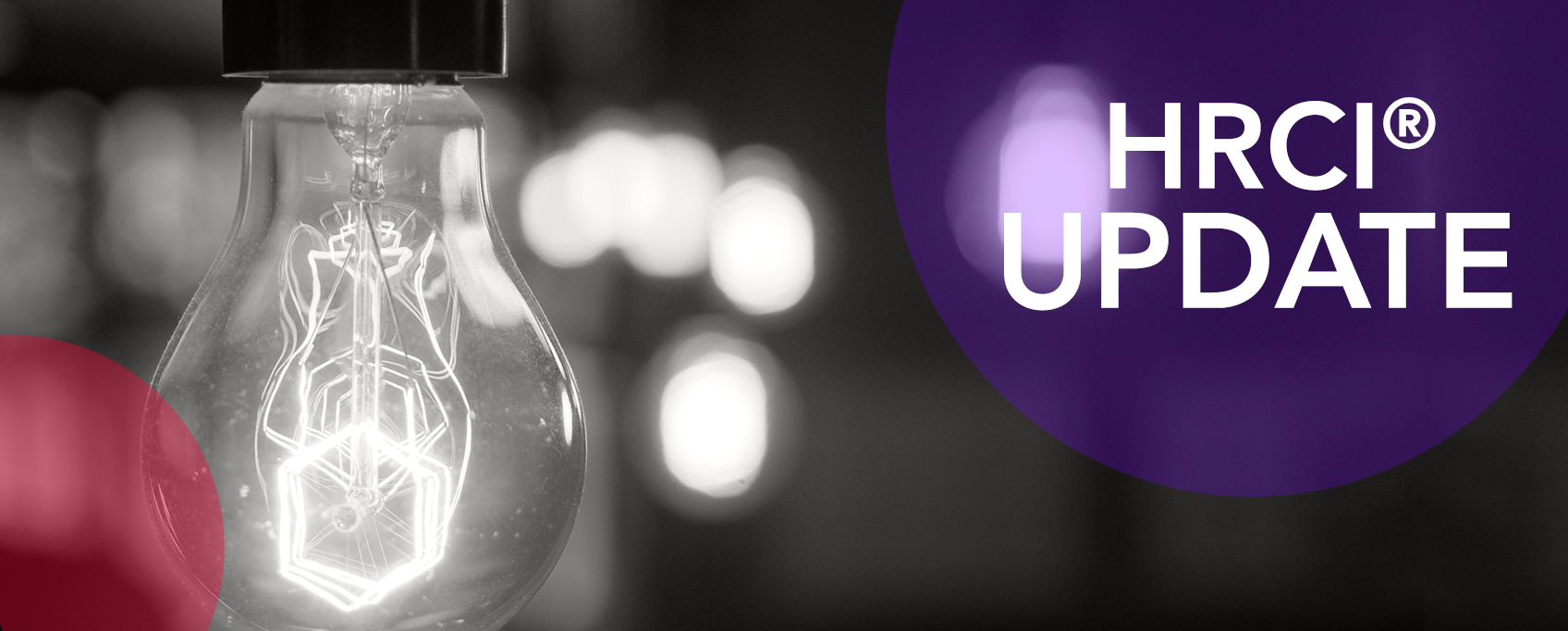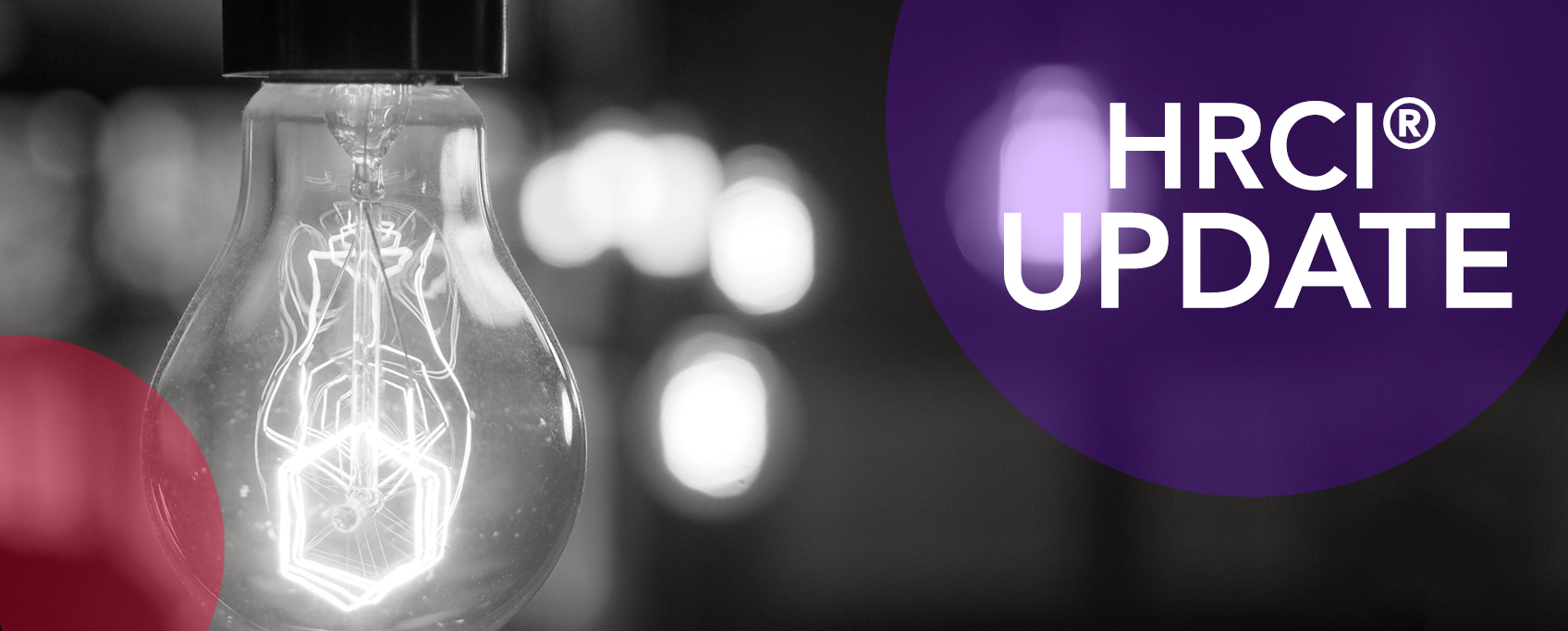
HR Certification Institute (HRCI) is celebrating a major milestone. With the recent accreditation of the Associate Professional in Human Resources™ (aPHR™) by the National Commission for Certifying Agencies (NCCA), all seven HRCI certifications are now recognized as meeting the rigorous NCCA standards.

"Stay in your swim lane." It’s a phrase most of us have heard in the workplace, at one time or another. But for human resource management professionals, line managers and the C-suite, this is the wrong advice for creating sustainable talent management advantages.

Here are the top 15 most popular HR Leads Business blogs of early 2017, published by HR Certification Institute (HRCI). The rankings are based on blogs receiving the most page views during the first five months of 2017.

Summer hours during Fridays are here for many employees, a trend that is growing based on a new Gartner survey. Data from the CEB Global Talent Monitor (CEB is now Gartner), 42 percent of organizations will offer their employees "Summer Fridays" in 2017, up 20 percent from similar benefits in 2015.

I’ve worked at a couple of fast-growing startups in my career and I can tell you, firsthand, that human resource management, other than a priority on recruiting top talent, is often an overlooked priority. That is, until something goes wrong and the company is suddenly in legal hot water.

HR Certification Institute® (HRCI®) made three important announcements at the recent SHRM 2017 Annual Conference & Exposition held in New Orleans. HRCI announced a new reinstatement program for qualifying HR professionals, changes to the 2018 SPHRi Exam Content Outline, and accreditation of its international credentials.

Memorial Day weekend is the time we put aside to honor all who have died while serving in the armed forces, along with family and friends who have sacrificed their loved ones for the greater good. HR Certification Institute® (HRCI®) would also like to take a moment to thank all the companies and HR teams that honor and understand the value that veterans bring to the workplace.

At Cirrus Logic, ranked eighth on the 2015 Great Place to Work® Best Medium Workplaces list, new hires are immersed in a culture camp called the School of Cirrus Rocks. At the camp, participants first learn about company values through storytelling. They then break into groups and create a story in the form of a song about working at the company. Later, they meet at a local bar with local musicians to perform their songs and get cheered on by their teams and supervisors.
.png?sfvrsn=99ef4e61_0)
ʼTis the season to celebrate graduates for their accomplishments. Ahead is some extra free time over the summer for rest and relaxation, but new alums should also use the months ahead to develop their professional development muscles.

Human resource management is often at the center of tremendous workplace change, most recently driven by computer technology and other analytics-driven resources. Now, HR is faced with an even bigger challenge ― the blending of people resources with robotics ― as companies continue to seek better, faster and cheaper processes to meet customer needs.

Test anxiety is real, whether you are just starting out in school or you are an HR professional taking your first exam to earn a credential from HRCI.

Business leaders are demanding more business-driven human resource management strategies, but less than one in three organizations have adopted even a single strategic HR initiative. Company-wide commitment is a major hurdle, finds new research from HR Certification Institute® (HRCI®).

HR will remain a vital player in the new economy. Here’s a look at the overall trends shaping the demand for HR professionals right now.

If you’ve been following this series of blogs on a comprehensive study of HR competencies, detailed in a new book, Victory Through Organization, you already know about the importance of adopting Credible Activist and Strategic Positioner skills to be an effective HR leader. A third essential HR skills, identified by the HR competency study (HRCS), HR competency, identified by the HR com, is the ability to navigate the many paradoxical challenges of today’s business environment.

Design thinking, also known as human-centered design, is a creative approach to problem solving that leads to innovative solutions that work better for people. Design thinking, traditionally an approach that hails from the product design industry, is now being applied more broadly in various fields, including human resource management.